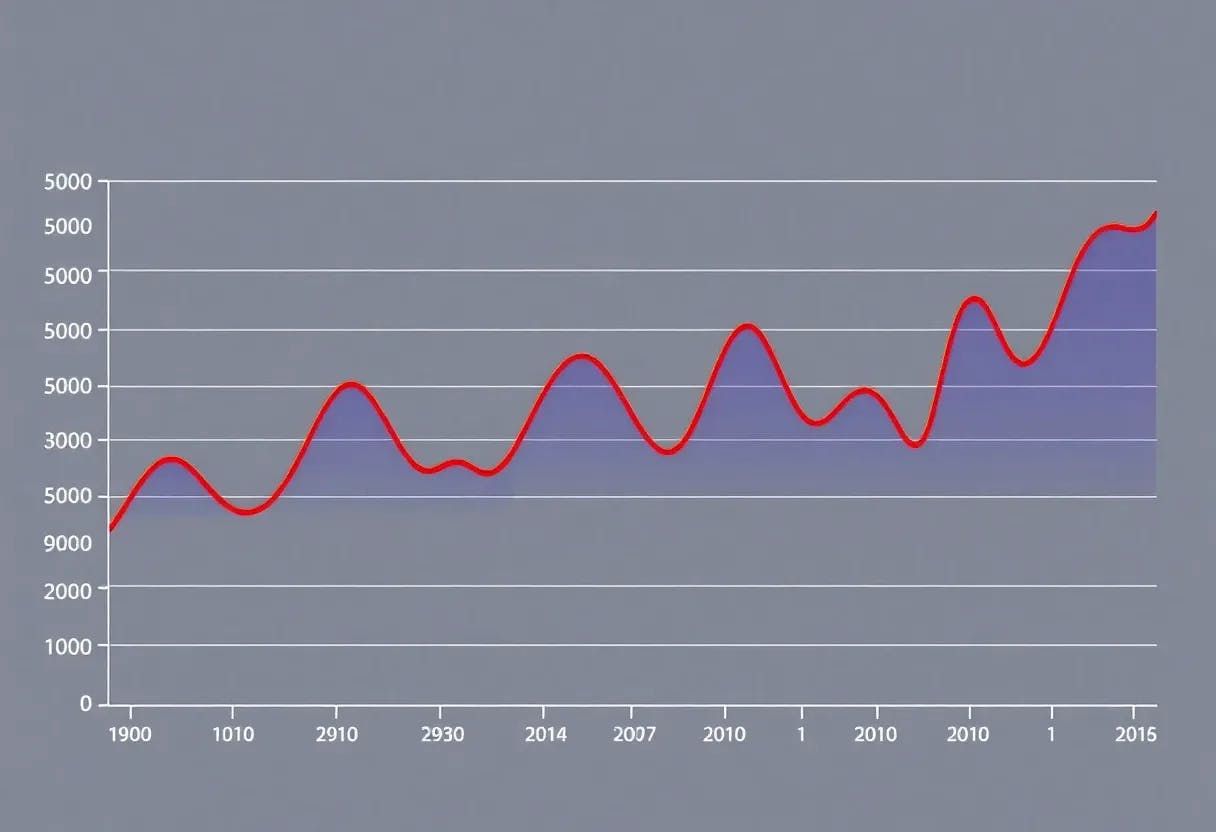Don’t miss out on our latest stories. Add PCMag as a preferred source on Google.
A US startup is preparing to take an early step toward creating a data center in space by flying a $30,000 Nvidia enterprise GPU, the H100, into Earth’s orbit.
The Redmond, Washington, startup Starcloud, formerly known as Lumen Orbit, is scheduled to launch a demo satellite carrying the H100 GPU sometime next month, according to Nvidia.
In a blog post, Nvidia revealed that Starcloud plans to pack the H100 chip inside the Starcloud-1 satellite, which weighs approximately 130 pounds and is about the size of a small refrigerator. It promises to “offer 100x more powerful GPU compute than any previous space-based operation.”
(Credit: Starcloud/Nvidia)
Currently, data centers are built on the ground in large facilities. However, the growing demand for AI compute has raised concerns about the environmental toll of these facilities as the entire tech industry scrambles to construct even larger, next-generation data centers that’ll consume gigawatts of electricity, enough to power entire cities.
Placing data centers in space could be a solution to the energy demands, as they could be fitted with solar panels and harness the sun’s energy. The vacuum of space could also act as a heat sink by equipping the orbiting data centers with “deployable radiator,” ditching the need to rely on traditional liquid cooling. Amazon founder Jeff Bezos is among the supporters of the approach.

(Credit: Starcloud)
“The only cost on the environment will be on the launch, then there will be 10x carbon-dioxide savings over the life of the data center compared with powering the data center terrestrially on Earth,” Starcloud CEO Philip Johnston told Nvidia.
Recommended by Our Editors
The startup also predicts that the space-based approach can reduce the energy costs of running a data center by 10 times, even when accounting for the required rocket launches. “For connectivity, we envision using laser-based connectivity with other constellations,” such as SpaceX’s satellite internet system Starlink or Amazon’s Project Kuiper, Starcloud’s white paper adds. Such laser connectivity would pave the way for customers on the ground to easily communicate and run workloads from Starcloud’s orbiting data centers.
Starcloud’s CEO also told the YouTube channel HyperChange that the company has already been preparing to fit the satellite on a SpaceX Falcon 9 rocket for next month’s launch. The startup plans to launch a larger satellite next year. The Starcloud-2 has been designed to be the company’s first commercial satellite.

Get Our Best Stories!
Your Daily Dose of Our Top Tech News

By clicking Sign Me Up, you confirm you are 16+ and agree to our Terms of Use and Privacy Policy.
Thanks for signing up!
Your subscription has been confirmed. Keep an eye on your inbox!
About Our Expert

Michael Kan
Senior Reporter
Experience
I’ve been a journalist for over 15 years. I got my start as a schools and cities reporter in Kansas City and joined PCMag in 2017, where I cover satellite internet services, cybersecurity, PC hardware, and more. I’m currently based in San Francisco, but previously spent over five years in China, covering the country’s technology sector.
Since 2020, I’ve covered the launch and explosive growth of SpaceX’s Starlink satellite internet service, writing 600+ stories on availability and feature launches, but also the regulatory battles over the expansion of satellite constellations, fights with rival providers like AST SpaceMobile and Amazon, and the effort to expand into satellite-based mobile service. I’ve combed through FCC filings for the latest news and driven to remote corners of California to test Starlink’s cellular service.
I also cover cyber threats, from ransomware gangs to the emergence of AI-based malware. Earlier this year, the FTC forced Avast to pay consumers $16.5 million for secretly harvesting and selling their personal information to third-party clients, as revealed in my joint investigation with Motherboard.
I also cover the PC graphics card market. Pandemic-era shortages led me to camp out in front of a Best Buy to get an RTX 3000. I’m now following how President Trump’s tariffs will affect the industry. I’m always eager to learn more, so please jump in the comments with feedback and send me tips.
Read Full Bio









